Indigenous Governance Database
Citizenship/Membership
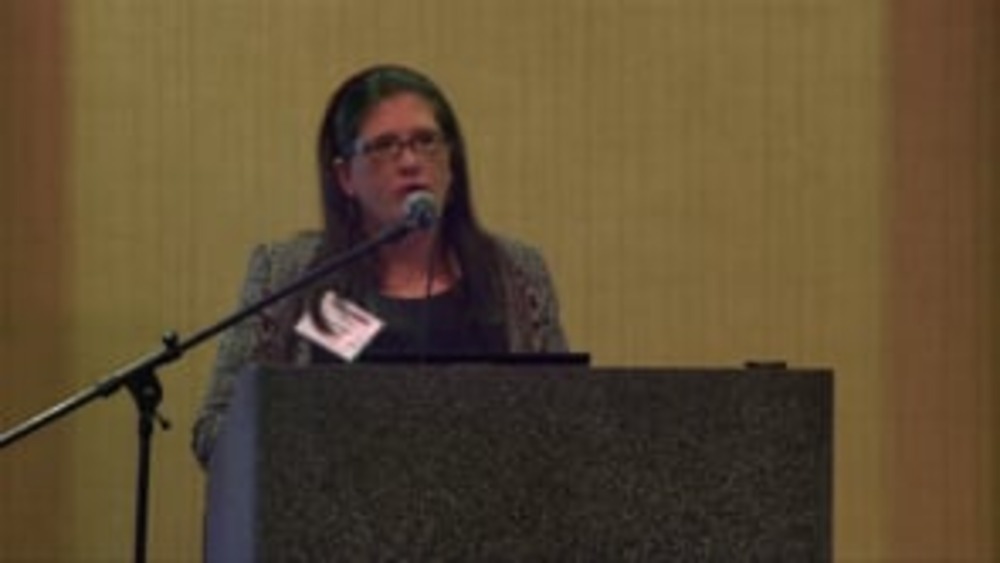
Sarah Deer: The Muscogee (Creek) Nation's Approach to Citizenship
Sarah Deer (Muscogee), Co-Director of the Indian Law Program at the William Mitchell College of Law, provides a brief overview of the Muscogee (Creek) Nation's unique approach to defining its citizenship criteria, which essentially creates two classes of citizens: those who run for elected office,…
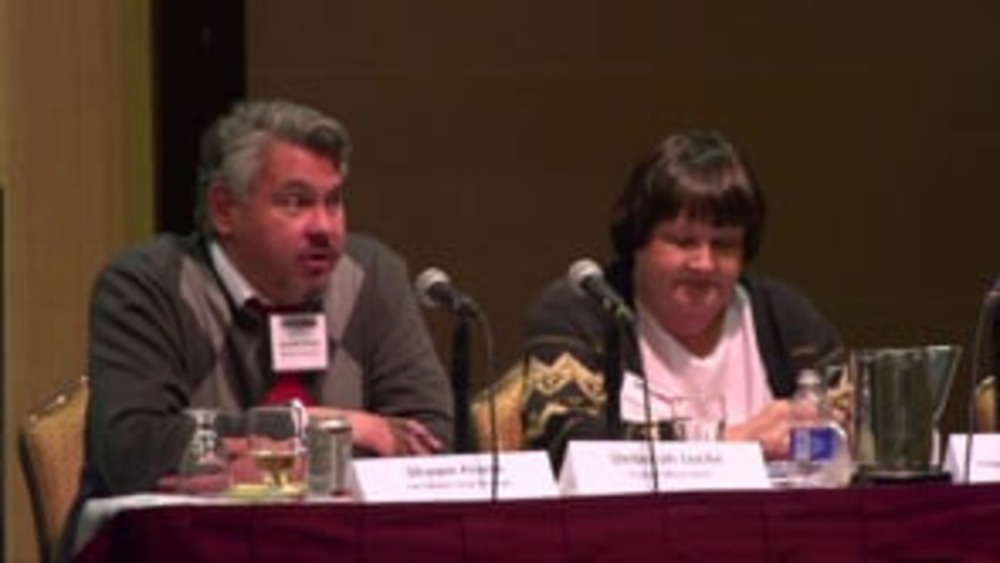
Sharon Day, Shawn Frank and Deborah Locke: Disenrollment (Q&A)
Panelists Sharon Day, Shawn Frank, and Deborah Locke field questions from the audience and a few participants offer their closing thoughts on the question of tribal citizenship and identity. This video resource is featured on the Indigenous Governance Database with the permission of the…
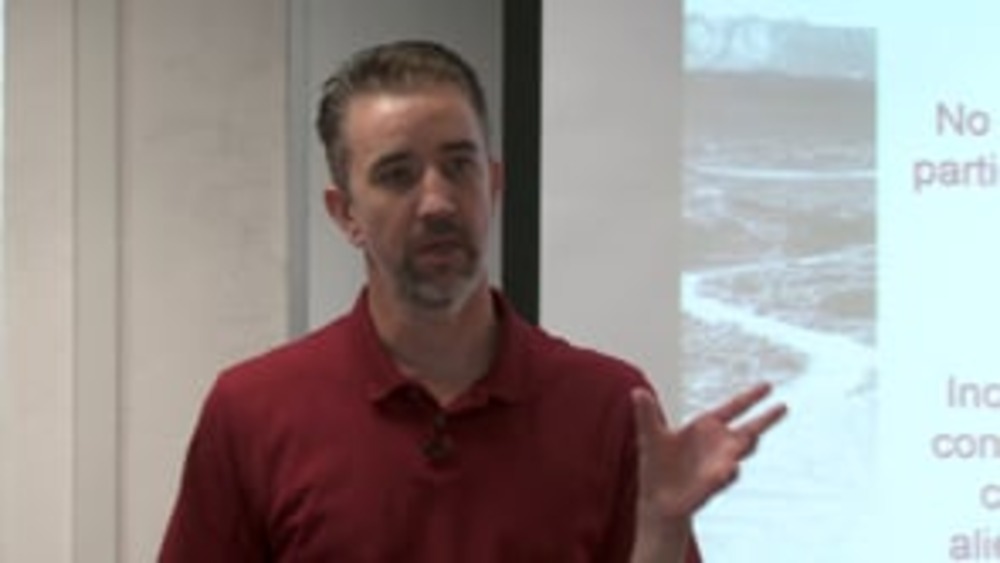
Ian Record: Constitutional Reform: Some Perspectives on Process
Dr. Ian Record, NNI Manager of Educational Resources, provides a broad overview of the inherent difficulties involved with constitutional reform, the different processes that Native nations are developing to engage in constitutional reform, and some of the effective reform strategies that NNI is…
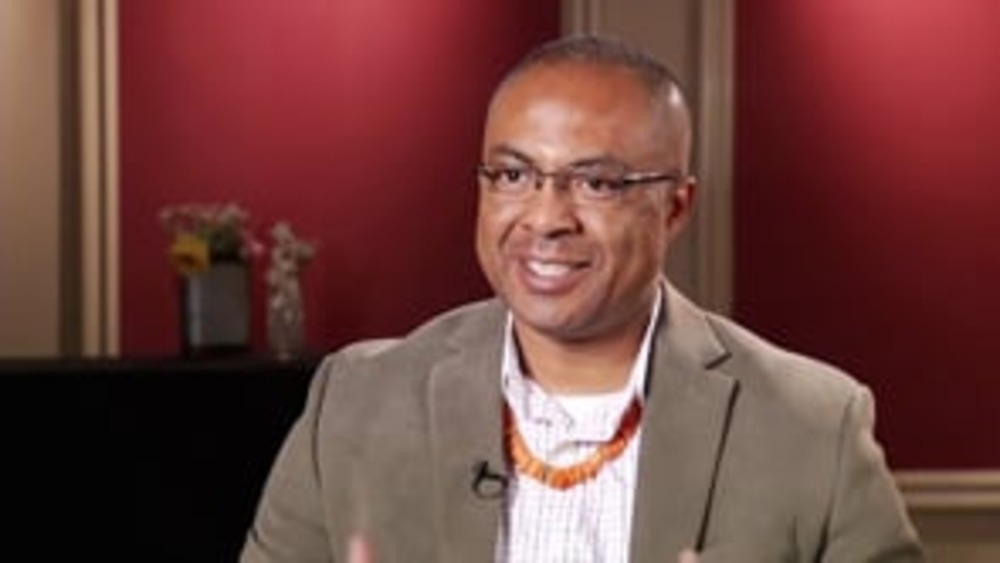
Richard Luarkie: The Pueblo of Laguna: A Constitutional History
In this informative interview with NNI's Ian Record, Laguna Governor Richard Luarkie provides a detailed overview of what prompted the Pueblo of Laguna to first develop a written constitution in 1908, and what led it to amend the constitution on numerous occasions in the century since. He also…
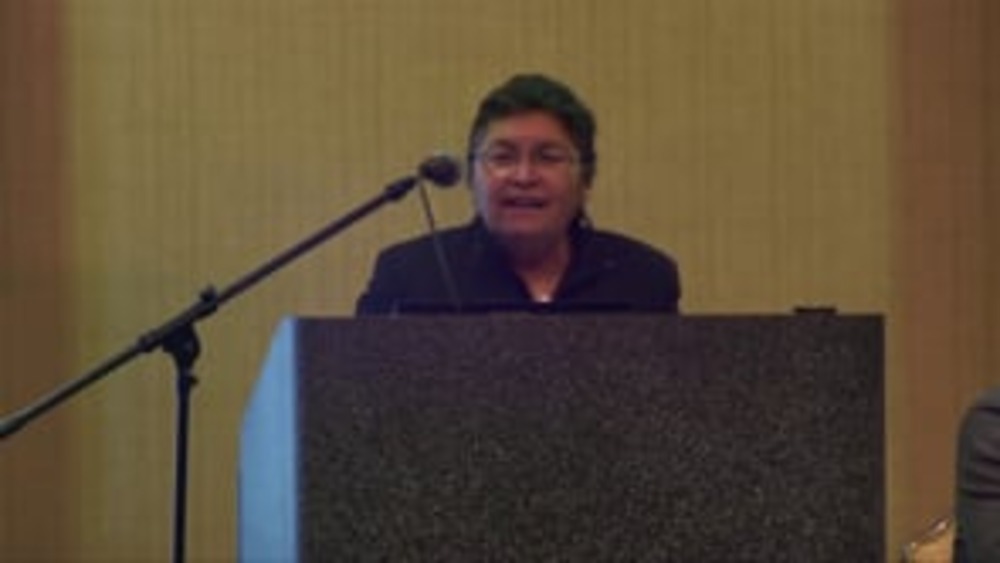
Sharon Day: Disenrollment: Contemplating A More Inclusive Approach
Sharon Day (Bois Forte Band of Chippewa) makes a compelling case for Native nations to abandon externally imposed criteria for citizenship that continue to cause internal divisions within Native nations and communities and instead return to Indigenous cultural values and teachings predicated on…
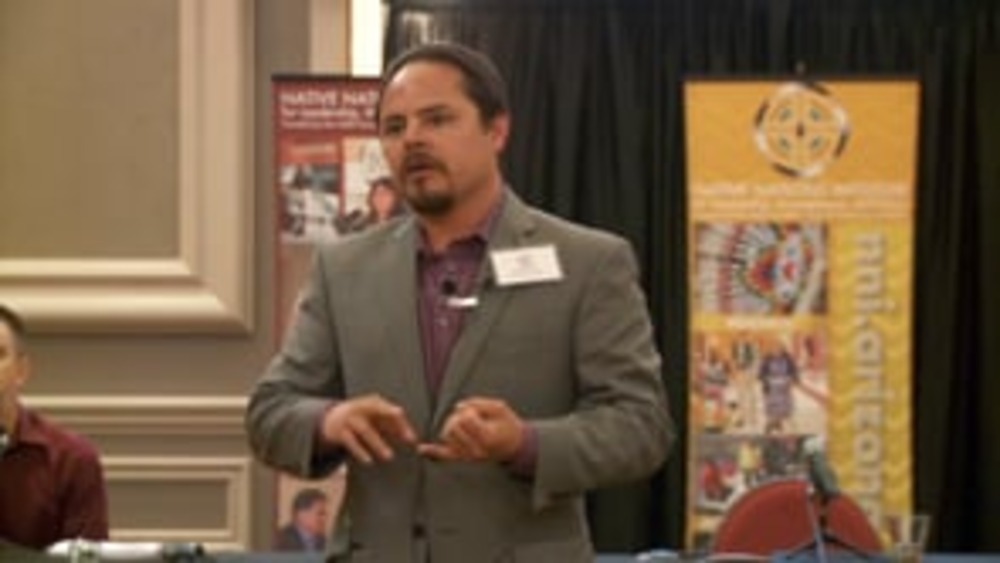
Carlos Hisa and Esequiel (Zeke) Garcia: Ysleta del Sur Pueblo: Redefining Citizenship
Carlos Hisa and Esequiel (Zeke) Garcia from Ysleta del Sur Pueblo (YDSP) provide an overview of the approach that YDSP is following as it works to redefine its criteria for citizenship through community-based decision-making. They also share the negative impacts that adherence to blood quantum as…
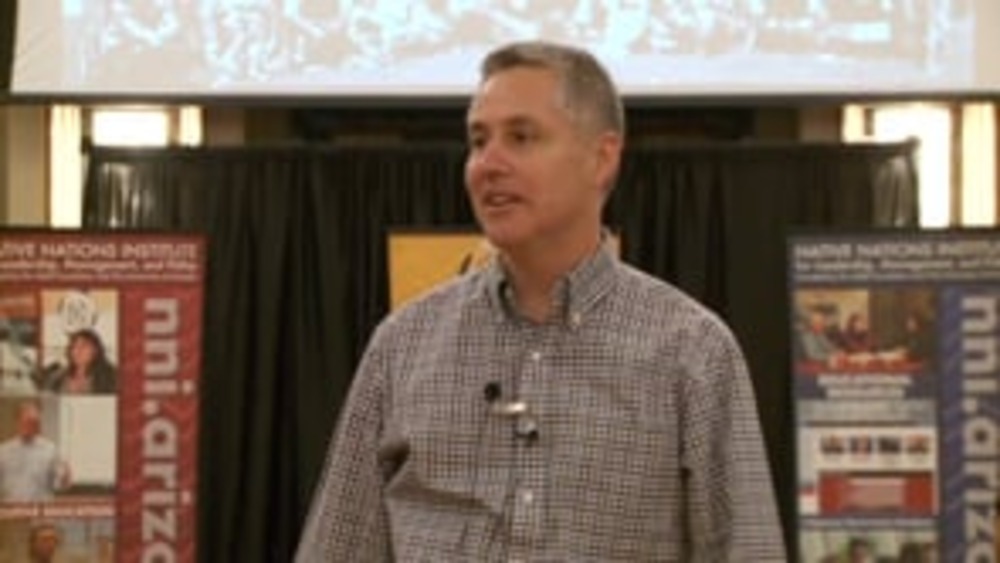
John Borrows: Who Are We and How Do We Know?
University of Minnesota Law Professor John Borrows (Anishinaabe) discusses how the Anishinaabe traditionally defined and practiced notions of social identity and belonging, and how those definitions and practices were rooted in relationships: relationships between those deemed to be part of the…
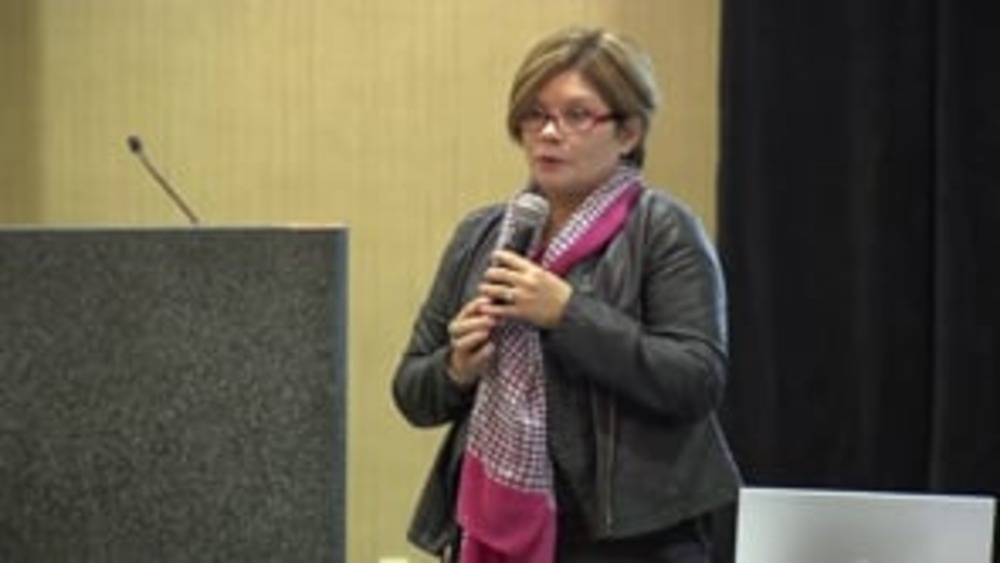
Patricia Riggs: Making Change Happen at Ysleta del Sur Pueblo
Patricia Riggs, Director of Economic Development at Ysleta del Sur Pueblo (YDSP), discusses how YDSP has developed and honed a comprehensive, multi-faceted approach to ciutizen engagement over the past decade in order to ensure that the decisions the YDSP government make reflect and enact the will…
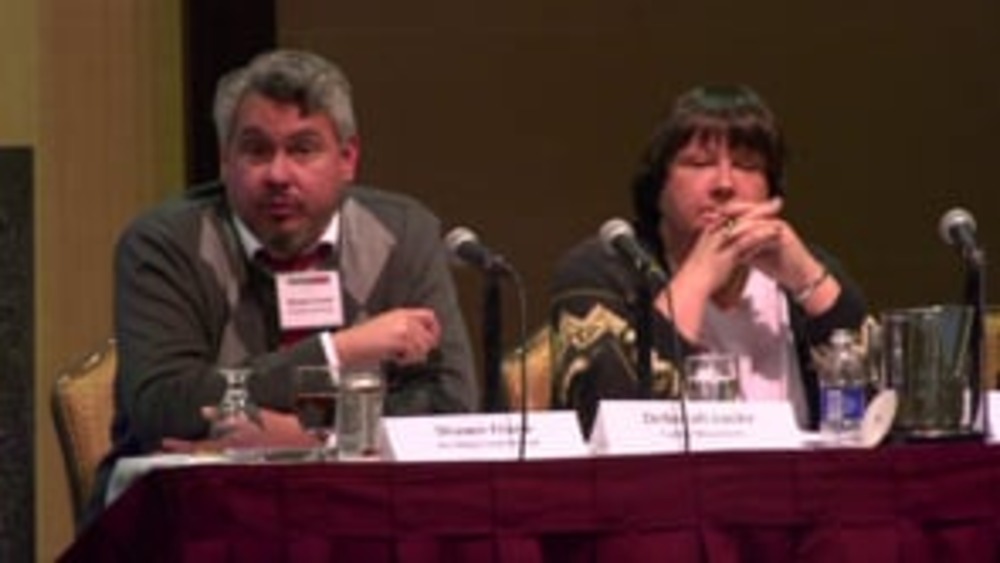
Shawn Frank: Disenrollment: Considerations of Process
Attorney Shawn Frank stresses the importance of Native nations ensuring that they establish and operate processes for disenrolling their citizens that is fair and transparent. He also offers some strategies that a Native nation can follow in order to create that fairness and transparency -- and…
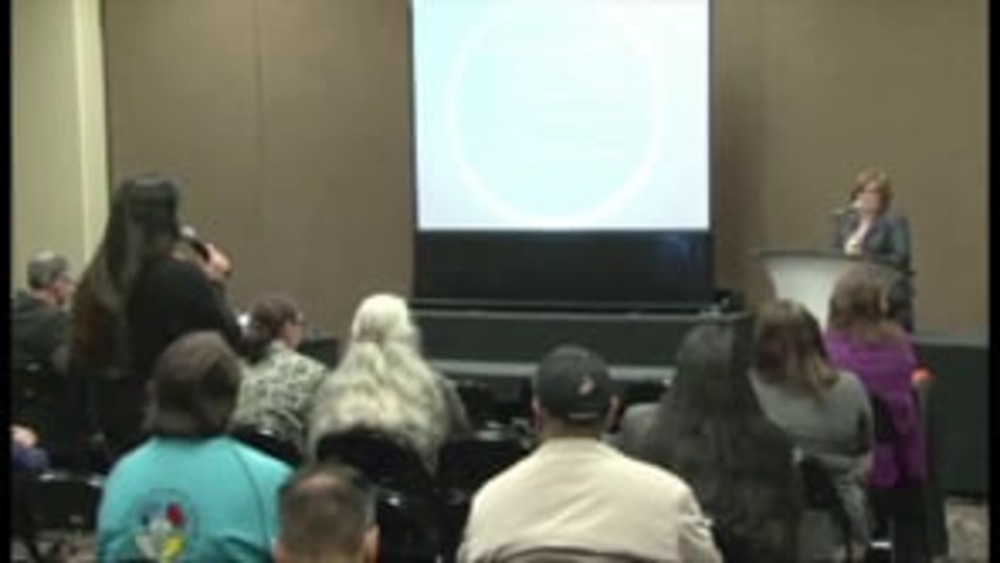
Jim Gray and Patricia Riggs: Citizen Engagement: The Key to Establishing and Sustaining Good Governance (Q&A)
Presenters Jim Gray and Patricia Riggs field questions from audience members about the approaches their nations took and are taking to engage their citizens and seed community-based, lasting change. In addition, session moderator Ian Record offers a quick overview of some effective citizen…
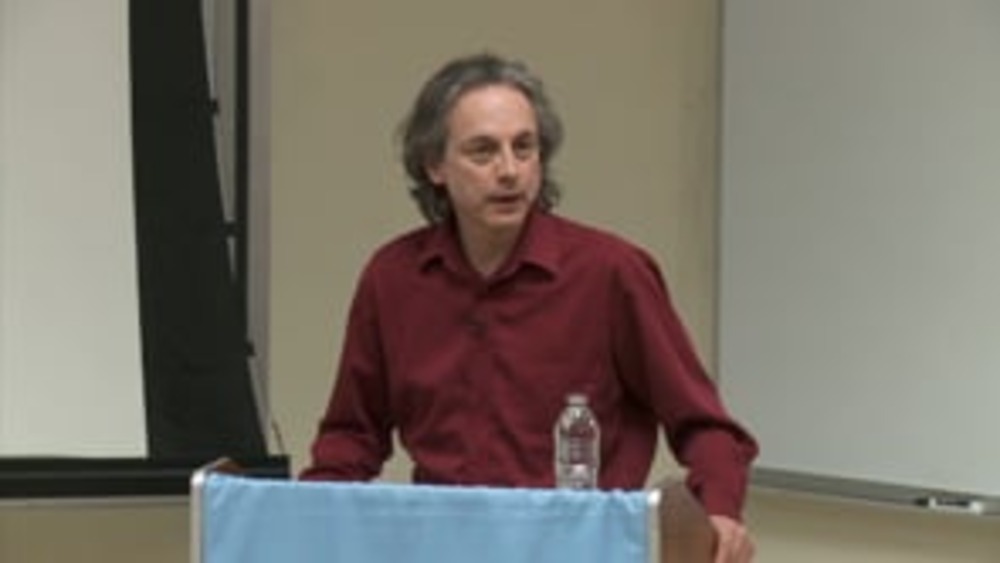
Robert Innes: Elder Brother and the Law of the People: Maintaining Sovereignty Through Identity and Culture
Robert Innes, a citizen of the Cowessess First Nation in Saskatchewan, discusses how traditional Cowessess kinship systems and practices continue to structure and inform the individual and collective identities of Cowessess people today, and how those traditional systems and practices are serving…
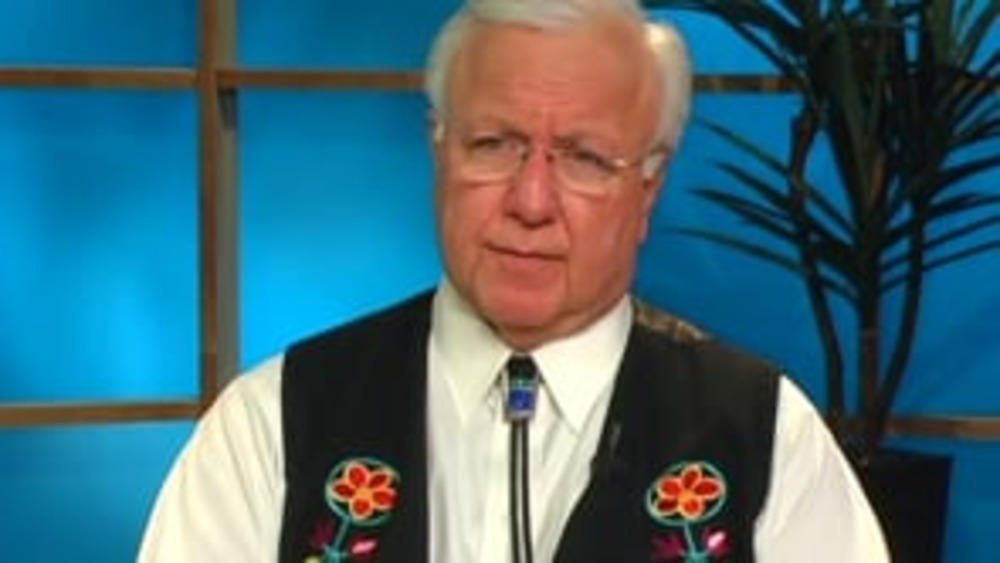
John 'Rocky' Barrett: Blood Quantum's Impact on the Citizen Potawatomi Nation
In this short excerpt from his 2009 interview with NNI, Citizen Potawatomi Nation Chairman John "Rocky" Barrett discusses the devastating impacts that blood quantum exacted on the Citizen Potawatomi people before the nation did away with blood quantum as its main criteria for citizenship through…
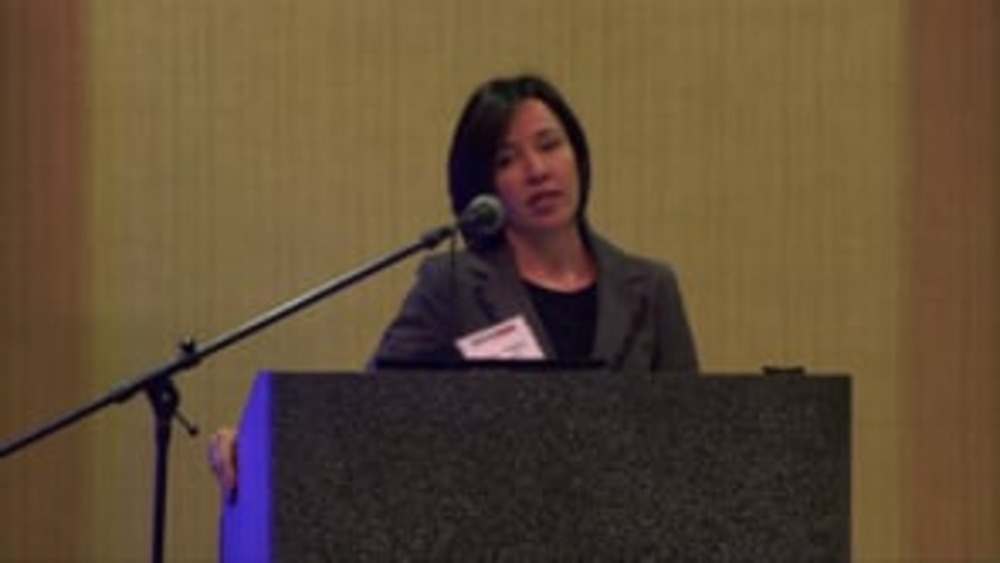
Vanya Hogen: Redefining Citizenship Criteria Through Constitutional Reform and Other Means
Lawyer and tribal judge Vanya Hogen (Oglala Sioux) discusses the difficulties inherent in amending Indian Reorganization Act (IRA) constitutions to redefine tribal citizenship criteria, and shares the story of the Shakopee Mdewakanton Sioux Community as an example of one Native nation with an IRA…
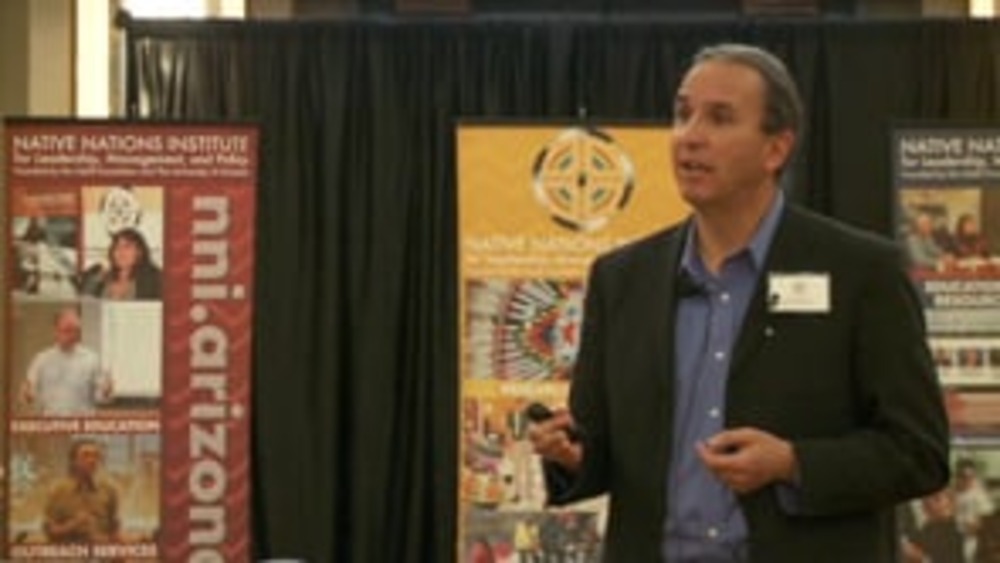
Terry Janis: Citizen Engagement and Constitutional Change at the White Earth Nation
Terry Janis (Oglala Lakota), former Project Manager of the White Earth Nation Constitution Reform Project, provides participants with a detailed overview of the multi-faceted approach to citizen engagement that the White Earth Nation followed as it worked to educate the White Earth people about the…
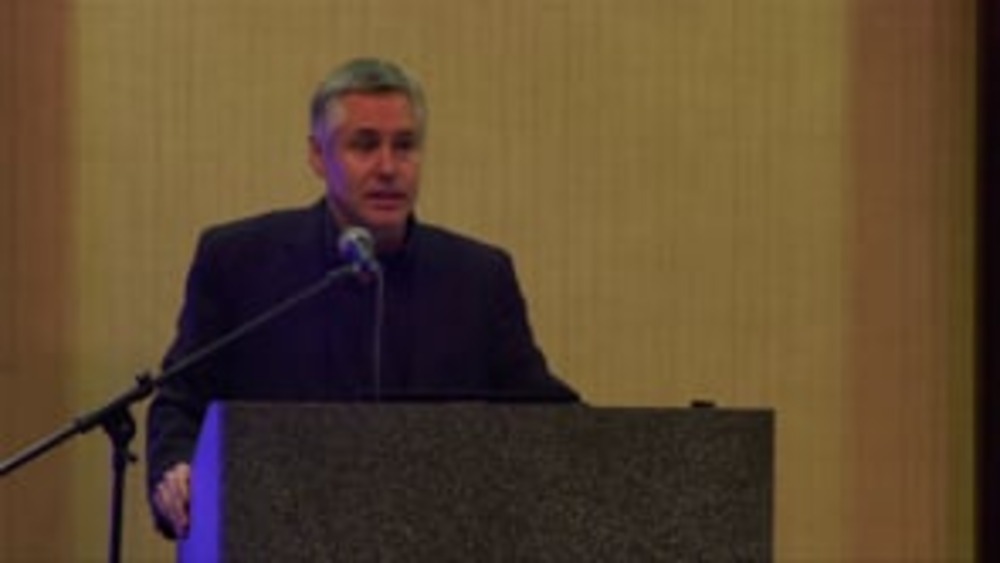
John Borrows and Stephen Cornell: Citizenship: Culture, Language and Law (Q&A)
Professors John Borrows and Stephen Cornell field questions from conference participants about a number of topics surrounding Indigenous notions of citizenship and membership. In addition, some participants provide brief commentaries about how their particular Native nations are wrestling with this…
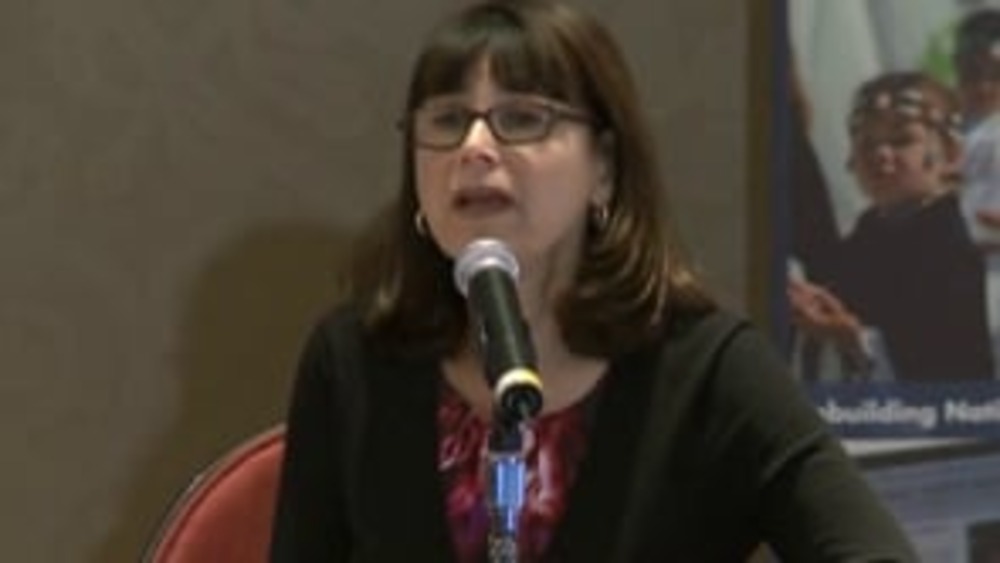
Carole Goldberg: Internal Considerations in Redefining Citizenship
Scholar Carole Goldberg discusses the internal considerations that Native nations should ponder when deciding whether and how to change their citizenship criteria.
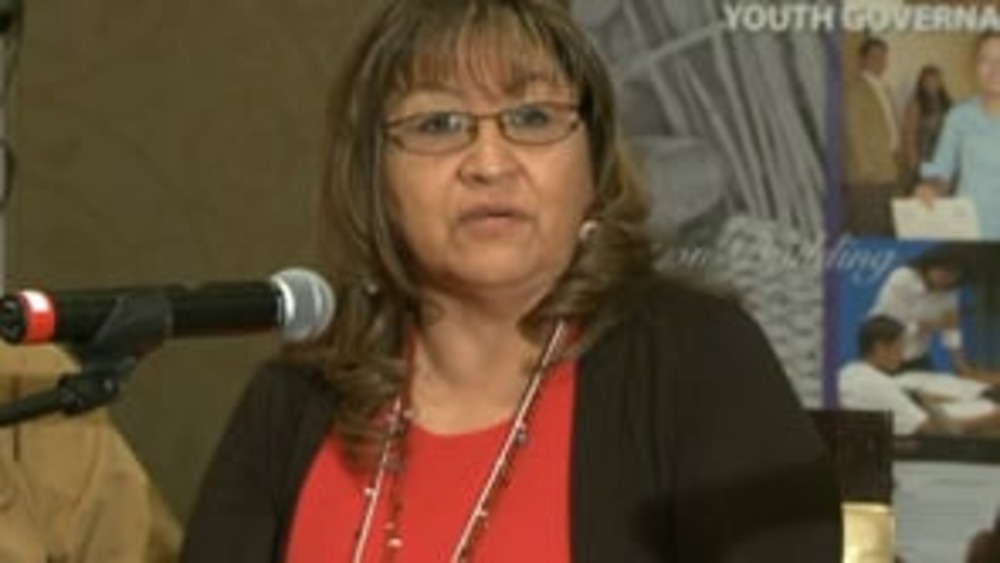
Native Leaders and Scholars: Citizens Versus Members: Some Food for Thought
Native Leaders and scholars discuss the pervasive role that terminology plays in conceptions of Native nation sovereignty and citizenship, comparing and contrasting the terms "member" and "citizen" and discussing the origins of the term "member" in Native nations' definitions of who is to be…
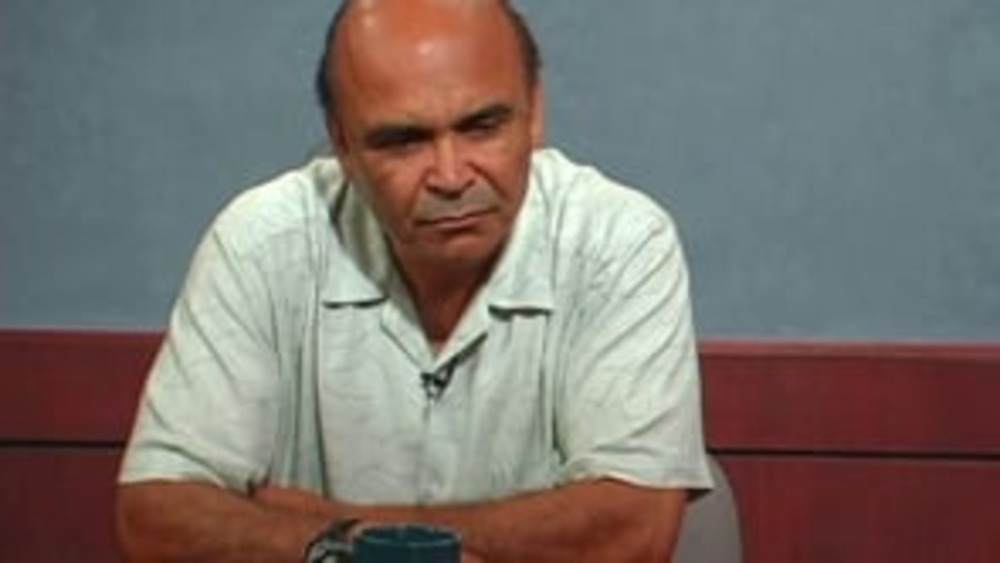
David Wilkins: Indigenous Governance Systems: Diversity, Colonization, Adaptation, and Resurgence
In this in-depth interview with NNI's Ian Record, federal Indian law and policy scholar David Wilkins discusses the incredible diversity and sophistication of traditional Indigenous governance systems, the profound impacts colonial policies had on those systems, and how Native nations are working…
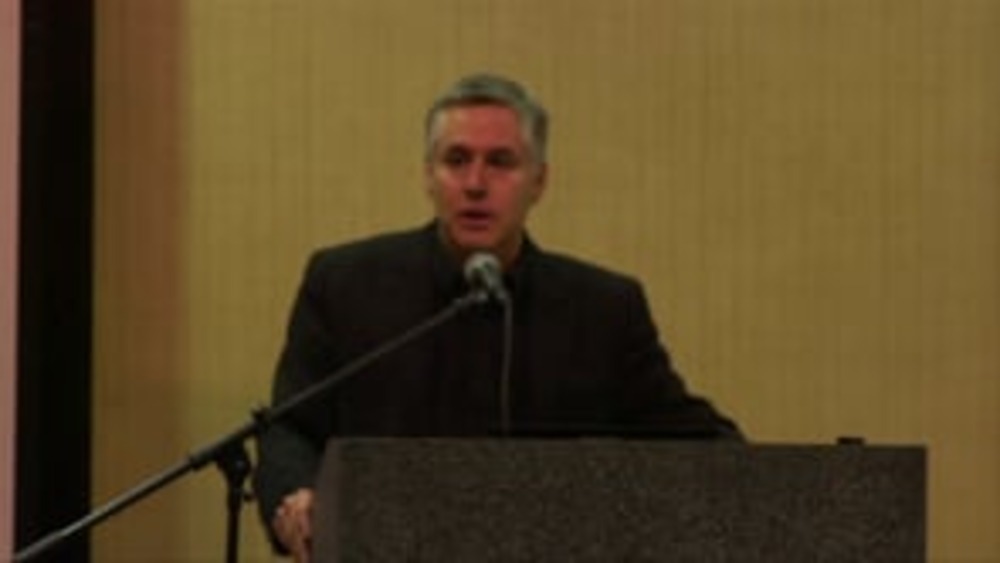
John Borrows: Anishinaabe Principles of Citizenship and Identity
University of Minnesota Law Professor John Borrows (Anishinaabe) provides an overview of how Anishinaabe people defined citizenship and identity traditionally, and how the cultural principles embedded in that traditional definition possess great power to inform laws defining tribal citizenship…
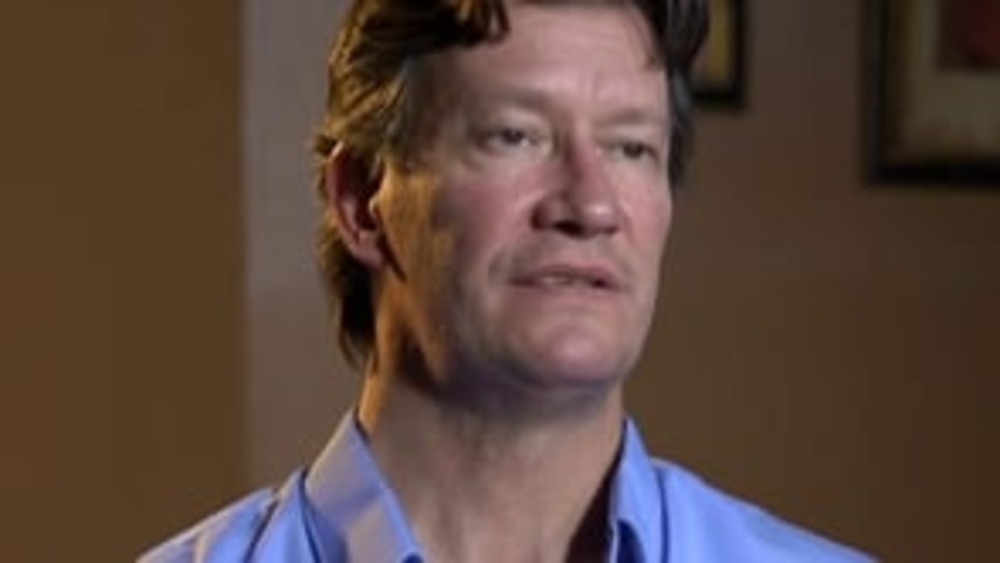
Native Leaders: The Purpose and Challenge of Redefining Citizenship
Several Native leaders share their thoughts on why their nations are deliberating potential changes to their citizenship criteria, and they discuss some of the many challenges that Native nations face in this complex area of governance.
Pagination
- First page
- …
- 1
- 2
- 3
- …
- Last page
